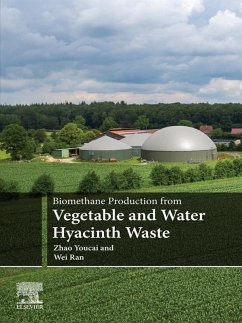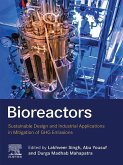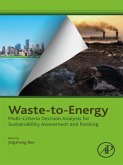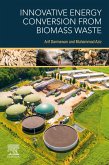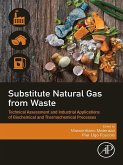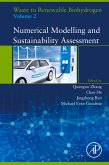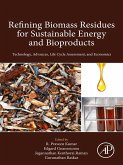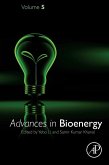The practical, application-oriented approach of this book allows engineering researchers, PhD students, and industry practitioners in the field of biogas and biomethane production, biomass conversion, and waste management to immediately utilize the information it provides.
- Covers the fundamentals and applications of the use of food waste and water hyacinth for biomethane production through anaerobic digestion
- Explores core challenges of a biomethane production operation, including details on process optimization and control
- Includes multiple case studies grounded in current industrial practice
- Offers practical examples and numerical calculations for large-scale operation
- Provides a representative treatment of a PPP plant considered from a process systems design perspective
Dieser Download kann aus rechtlichen Gründen nur mit Rechnungsadresse in A, B, BG, CY, CZ, D, DK, EW, E, FIN, F, GR, HR, H, IRL, I, LT, L, LR, M, NL, PL, P, R, S, SLO, SK ausgeliefert werden.

